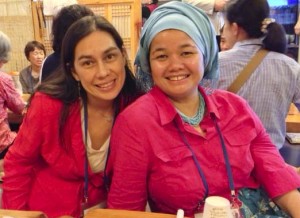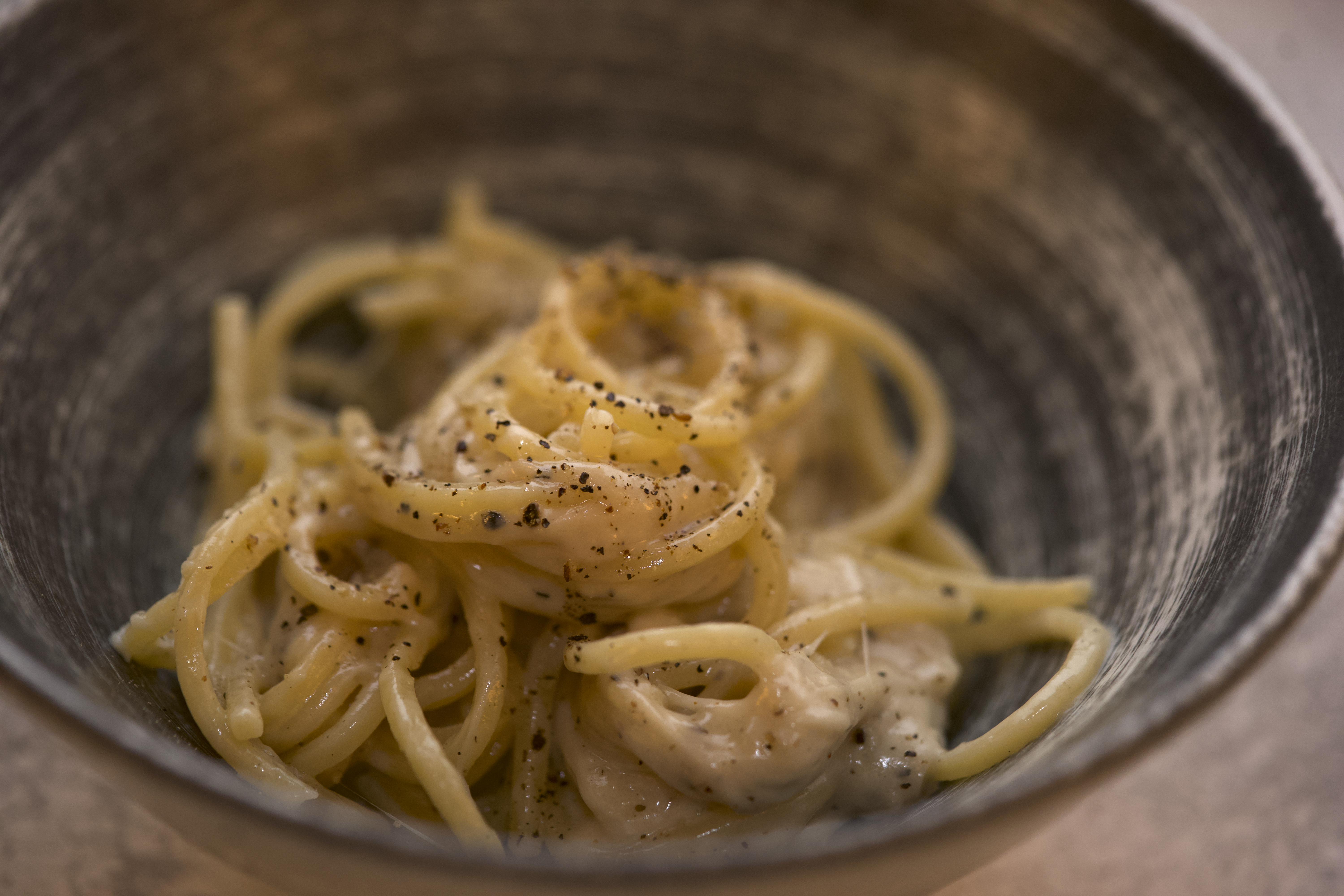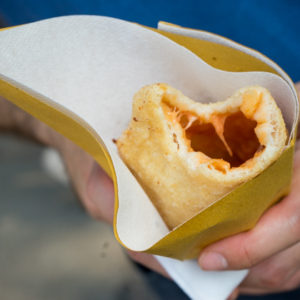When I finished my undergraduate degree in economics with honours my father beamed with pride. When I announced a few months later I wanted to cook in a restaurant and go to cooking school, to say he was crestfallen would be an understatement. While Asian parents can sympathise with him, Westerners do not automatically understand his thinking. This fundamental cultural difference is due to how professionals in the food industry are regarded in Asia. In the West the talented ones are viewed as artists, in the East working in a kitchen is considered manual labour.
Nobody wants their child to be a labourer. That is a generally accepted statement in Asia. Not even labourers want their children, nor the children themselves want to be labourers. While in Europe there are farmers with great dignity who treat their produce like art. (See these two amazing TED lectures here and here.) There is great respect for their work. It is probably not a coincidence that there is also lower incidence of food safety issues on their farms.
R-E-S-P-E-C-T
The same goes for great service in a restaurant, a talented chef, or a food artisan. All rightfully command respect for their craft. Until people view these jobs as a career, one in which they can achieve professional success, they will not attract and retain masters. We need to promote and not take for granted food professionals in all walks that excel…even if they work with their hands and even if they work outdoors. Show me a proud farmer and I’ll see someone I want to buy food from to feed my children.
Make the role of a farmer one of dignity in order to guarantee a change in the food system for our children.
Helianti Hilman
This week I met an amazing woman, Helianti Hilman. She is a serial entrepreneur, engaged mother, principled, and dynamic. Helianti has two babies- her two year old son she brings to work with her and Javara.
Javara
Javara is a brand she created to label over 400 products produced by the 50,000 farmers she works with across Indonesia. She works with farmers who grow indigenous products organically using traditional methods such as timing crops using the stars. She explains that the objective is to work with the farmers communally to ensure their work is sustainable. She does this by gaining access to technology and finance, creates new markets and products for their goods, and helping them negotiate more fair terms. Helianti explains that she never tells farmers what to grow, they grow and she looks to create demand for their supply. Javara was a way of keeping a fairer share of the profits, by creating a final product rather than selling the goods to a middleman in bulk. Javara also creates higher value-added goods such as their cashew cookies out of over-supply. See more about Javara here.
Helianti was raised happily on a coffee plantation in Indonesia before then turning down Harvard to study law at King’s College in London. While some people in her position may be tempted to take a lucrative position in corporate law, Helianti uses her education to make a fundamental difference in the lives of those supplying the food we feed our children. This difference ensures that the way of life of these farmers continues and that their children have the same chance at the opportunities in life she had. The true difference she has made is exponential as generations pass. Everyone needs affirmation and a sense of achievement, we readily give this to those who educate our children, but why not to those who feed our children?






Leave a Reply